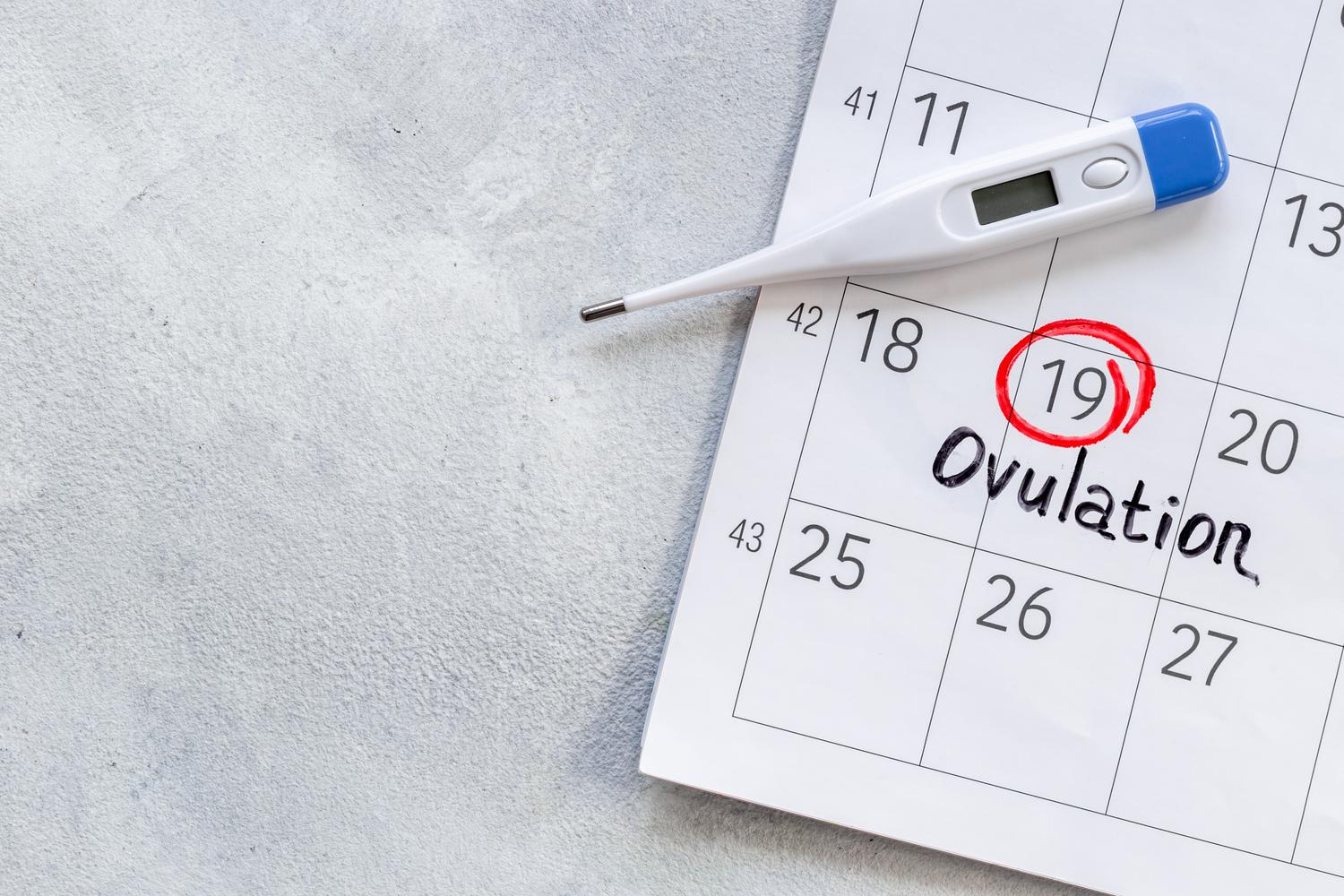Hair Loss During Pregnancy
Why you shouldn't worry
Hair growth – in general, not just during pregnancy – is a cycle of 3 different phases: growth (anagen), transition (catagen), and rest (telogen). A person’s hair will grow for a few years, then rest for a few months, shed, and regrow. At a given time, 90% of the person’s hair is in the growth phase, with the other 10% in the resting state.
Due to the cyclical nature of hair growth, it is normal to lose up to 100 hairs/day from daily activities, like combing, brushing, shampooing, or sleeping.
When the body experiences some “shock/stress,” the hair roots are pushed prematurely into the resting state. Then, 2-3 months following, as many as 70% of those scalp hairs will shed. This results in hair loss that appears rather sudden to a person, but actually has been in process for months, as a result of the stressor. This experience is called telogen effluvium, a temporary disruption of the hair growth cycle.
Pregnancy is both a physical and physiological stressor to the body. Thus, hair loss connected to pregnancy usually occurs after delivery. This happens because of the sudden decrease in the hormone estrogen. The high levels of hormones during pregnancy cause hair to remain in a growing phase and stimulates hair growth.
After delivery, hormones progressively return to normal levels, which allows the hair to fall out and return to the woman’s normal hair growth cycle. Thus, the normal hair loss that was delayed during pregnancy in addition to any hair that was prematurely pushed into the resting phase may all fall out at once 1-5 months postpartum.
Once the stressor is removed, hair loss returns to normal within 6-12 months. Talk to your health care provider if you are still experiencing hair loss after this period of time.









